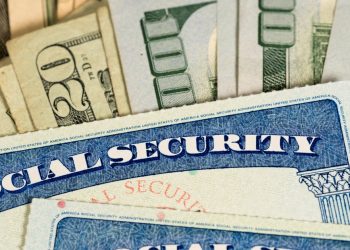
Jiselle Santos/The Cougar
University fees, living costs and school supplies typically require budgeting to balance out, something that many college students have never been taught to do. Personal finance classes need to be taught in high school so that people can be prepared and financially literate as they enter college as well as the workforce.
While many high schools across the United States require an economics course in order for students to graduate, these courses usually do not cover personal finance.
According to College Board’s description of the AP Macroeconomics course, the class is described to be a general overview of the U.S. economy, one that analyzes the role of government and other strategies used by the Fed to run economic markets.
Microeconomics focuses more on the individual market areas found within the industry of the U.S. The problem is that neither of these courses teaches students how basic economic concepts will affect their individual lives as they begin working and enter college; it only introduces them to the functions of the economy in general.
Even if students take a normal economics class, these classes often do not teach personal finance nor budgeting, but just basic economic concepts like the AP classes.
A study by the Council for Economic Education found that only 21 states across the U.S. teach a separate personal finance class as a requirement for graduation.
Because public schools…



























































